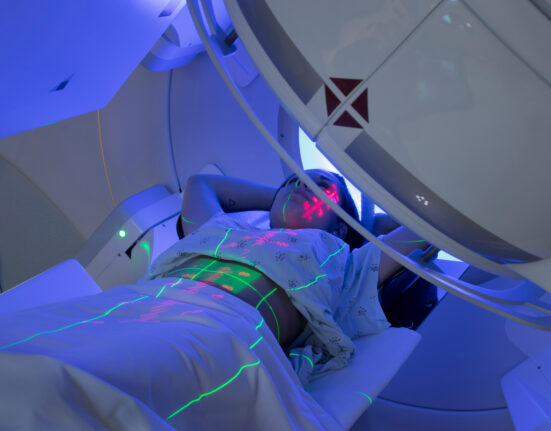The presence of certain intratumoral microbes was linked to survival outcomes in diffuse large B-cell lymphoma (DLBCL), according to findings presented at ICML 2025 in Lugano.
Specifically, detection of Prevotella species at diagnosis—prior to any treatment—was associated with improved progression-free survival (PFS), while Enterococcus species were linked to worse outcomes, lead investigator Paolo Ghione, MD, of Memorial Sloan Kettering Cancer Center, reported during the presentation.
Both species are commonly found in the gut, but they differ in their typical roles and clinical implications. Prevotella is often considered a commensal microbe , while Enterococcus includes opportunistic pathogens frequently linked to inflammation and antibiotic resistance.
“We don’t think these microbes were there by chance,” Dr. Ghione said during the oral presentation. “Whether they arrived before the lymphoma developed or were drawn to the site by inflammation is a question we still need to answer.”
Microbial sequences were identified within lymphoma tissue, but how and when these organisms entered the tumor mass remains unclear. Researchers are exploring whether they migrate from the gut or other barrier sites. Ongoing studies aim to understand their spatial relationship to the tumor microenvironment and their role in lymphomagenesis.
Reference
Ghione P. Detection of Intratumoral microorganisms and their impact on outcomes in untreated diffuse large B-cell lymphoma. Abstract #120. International Conference on Malignant Lymphoma. Lugano. June 17-21.






